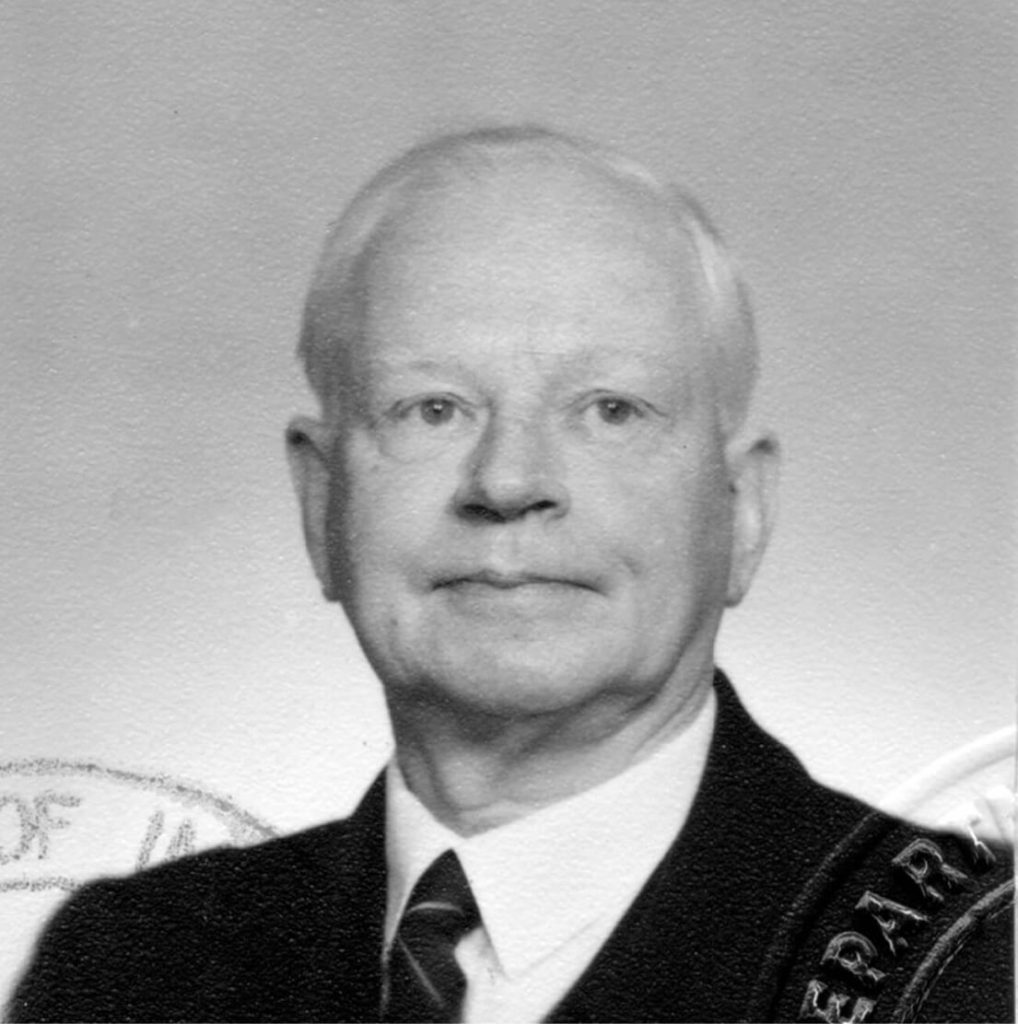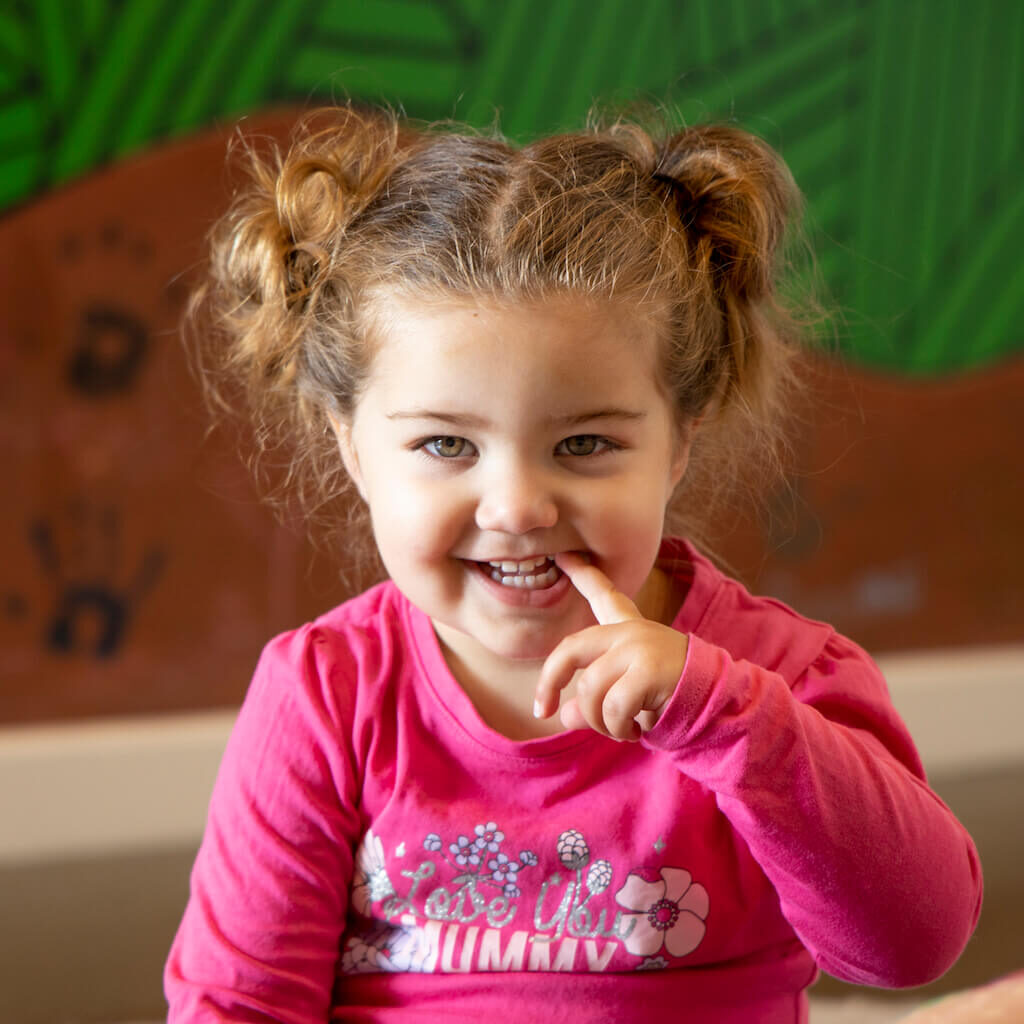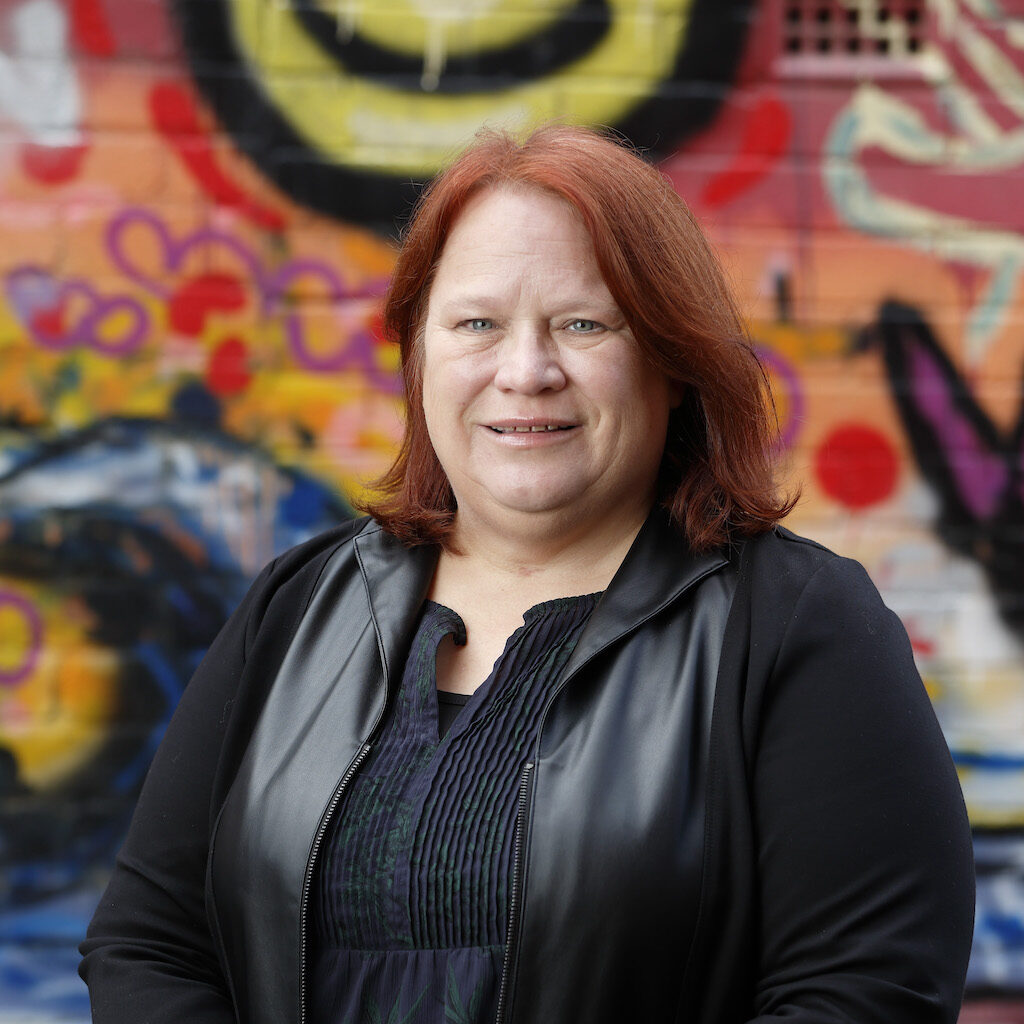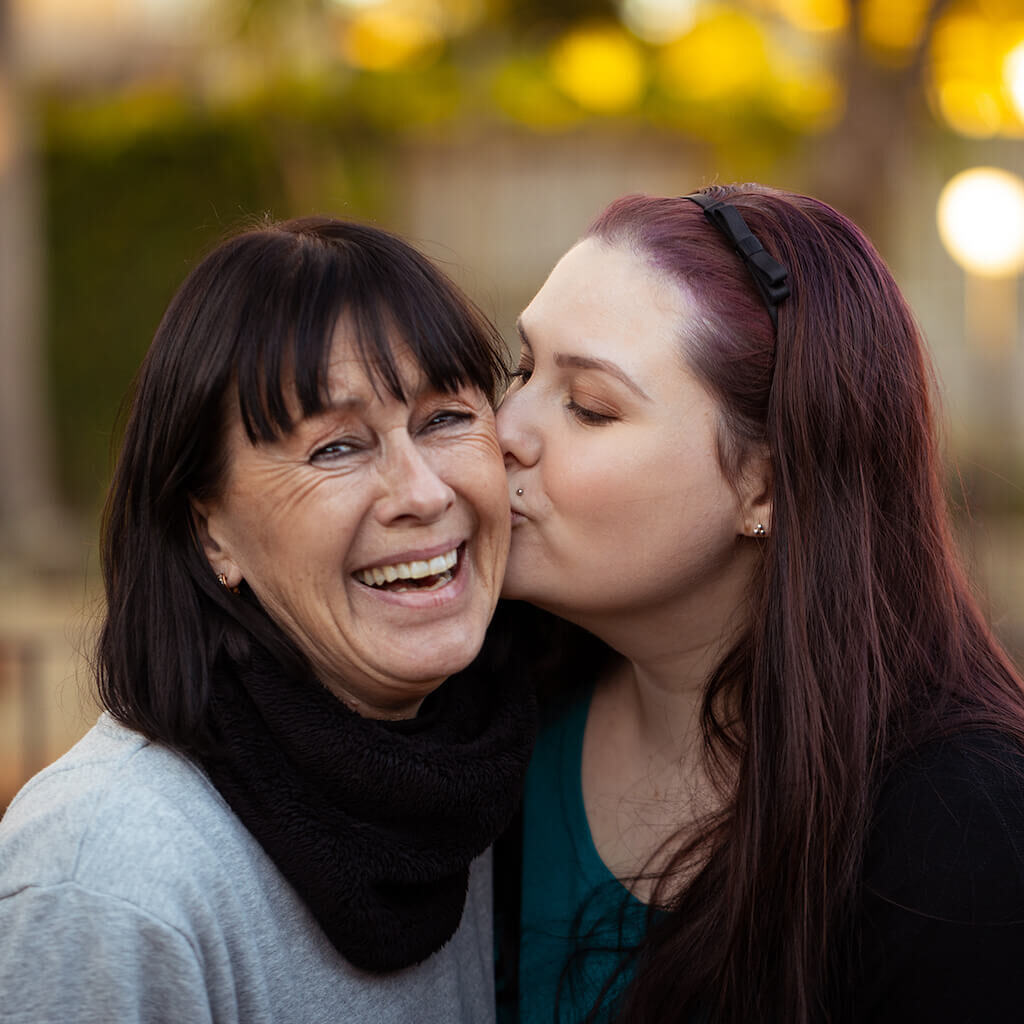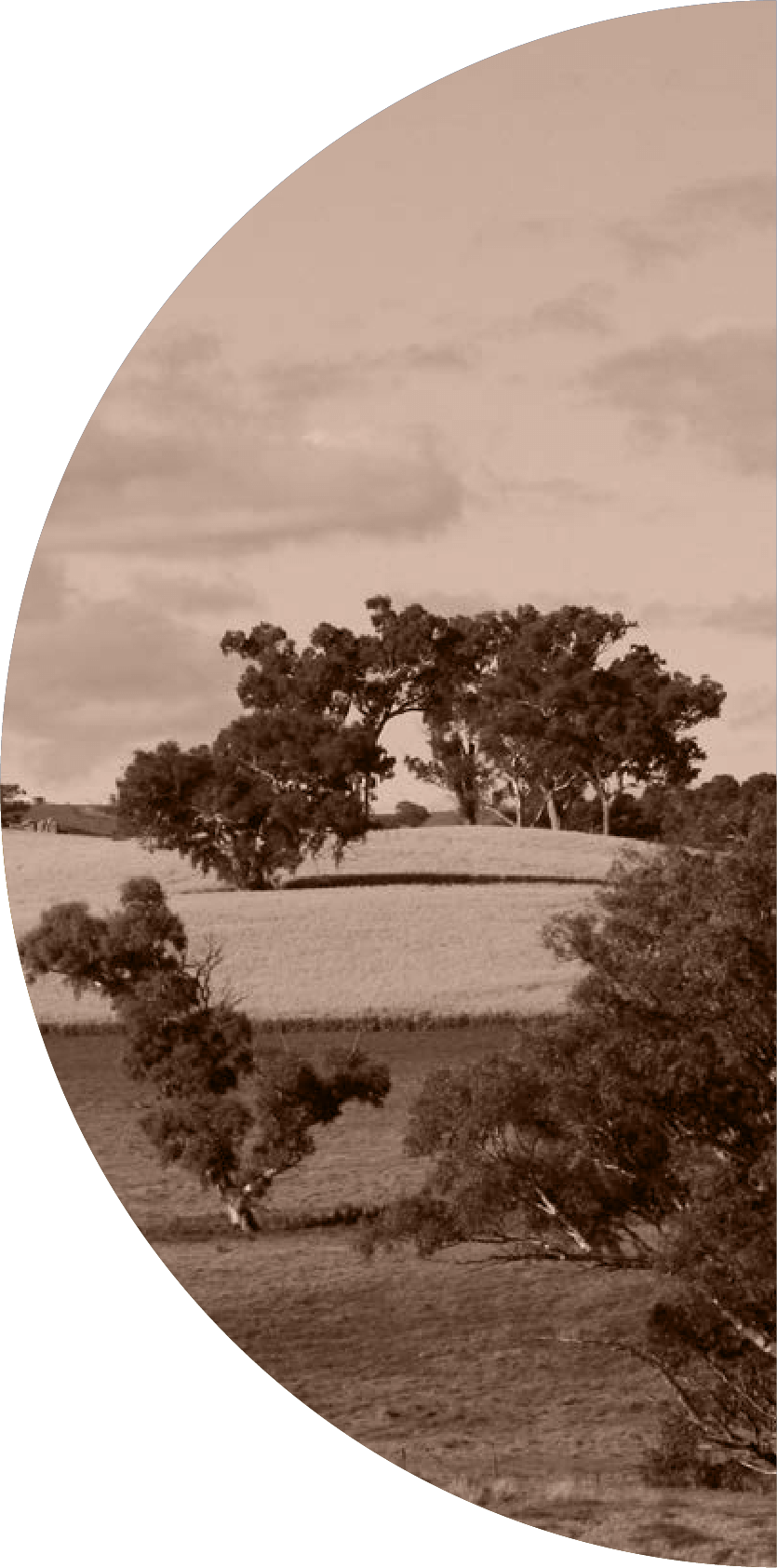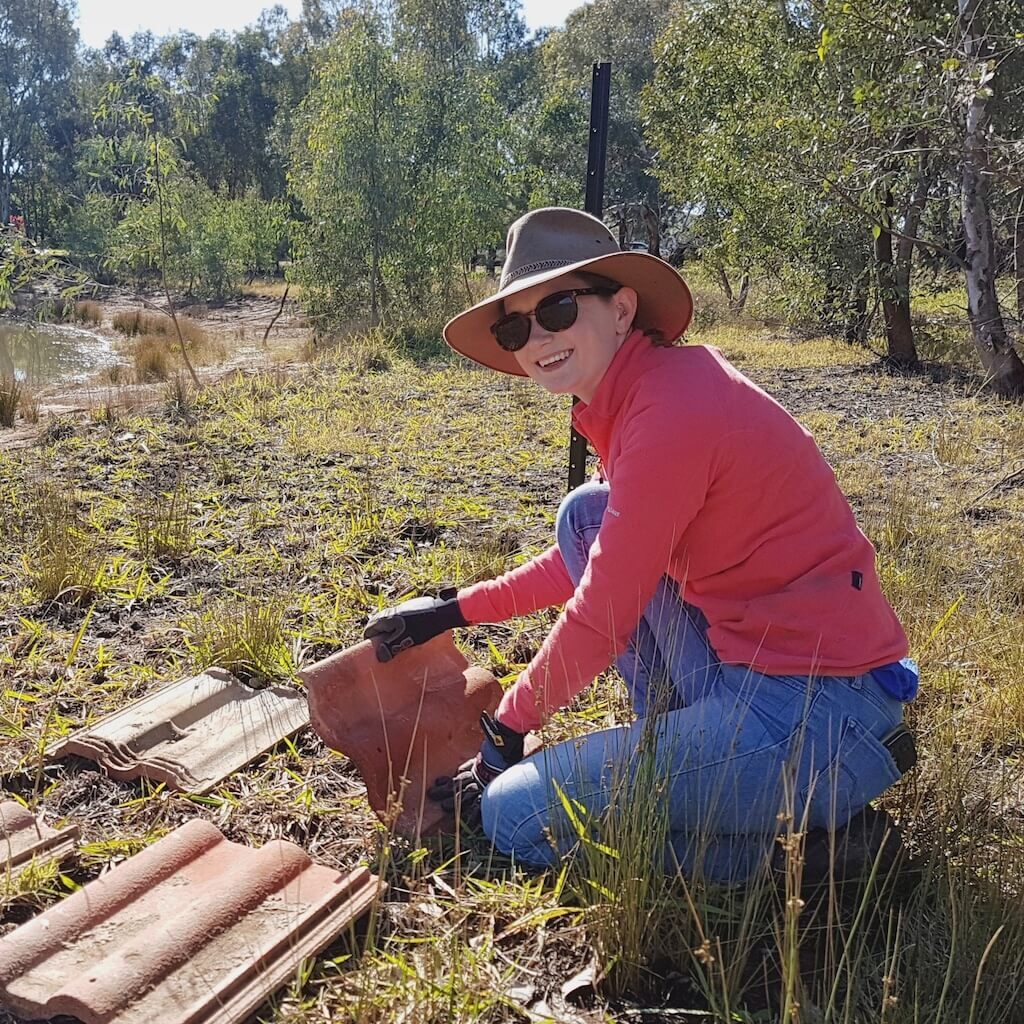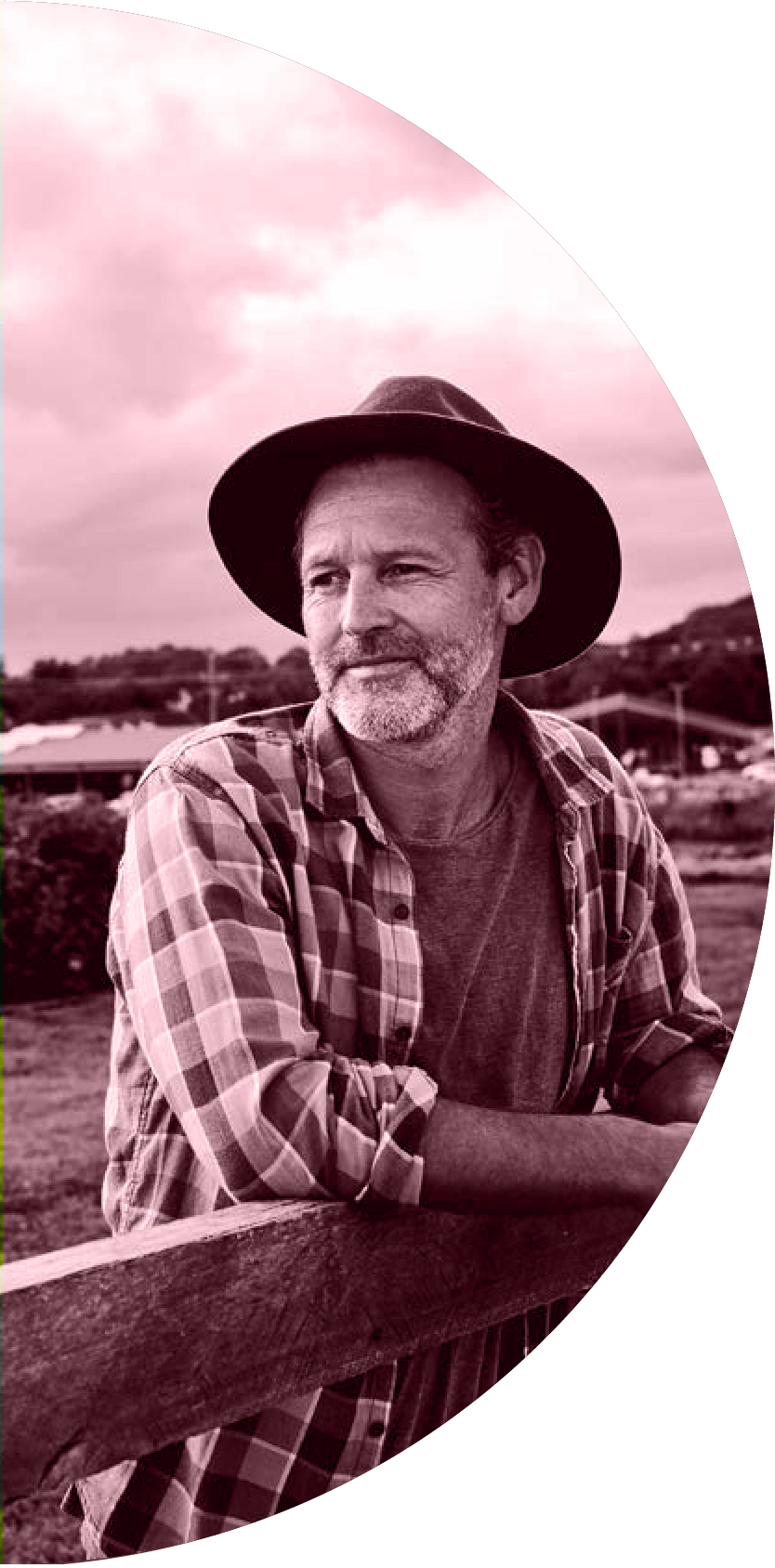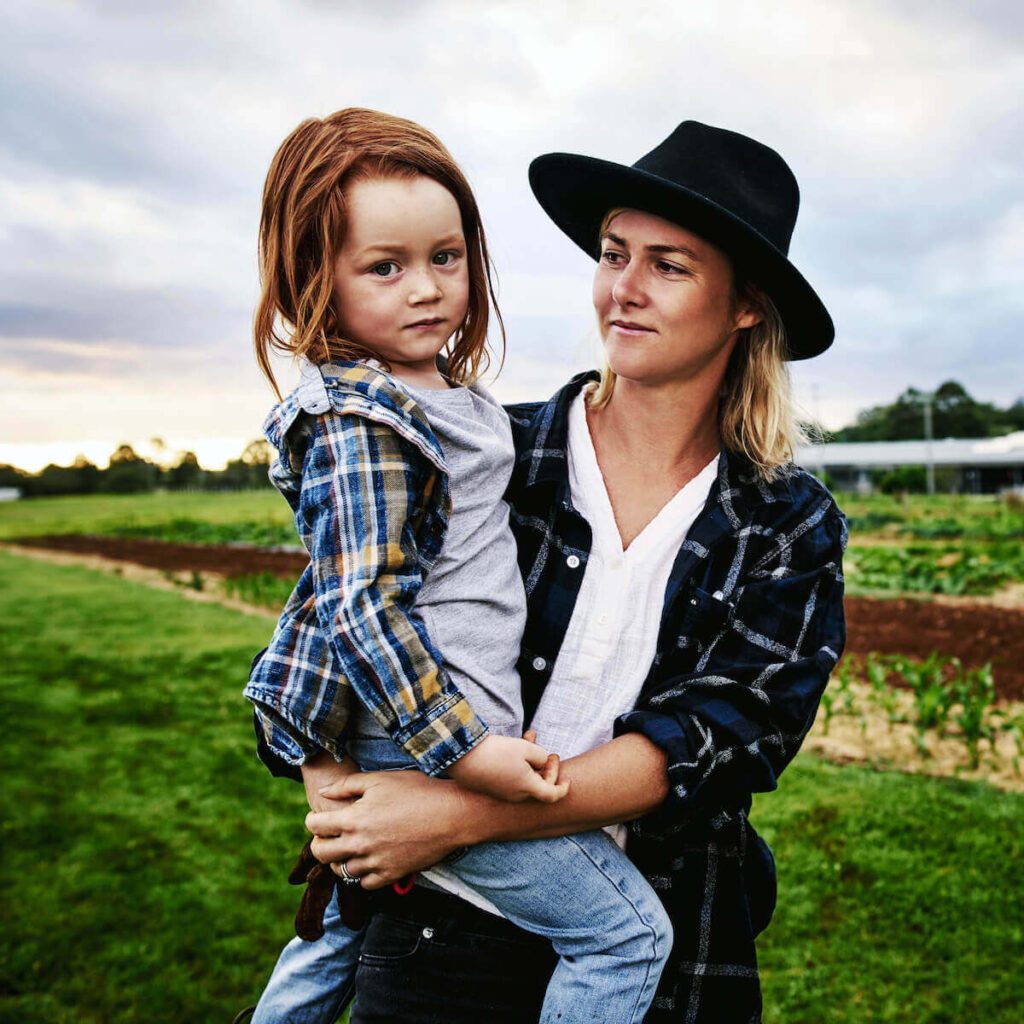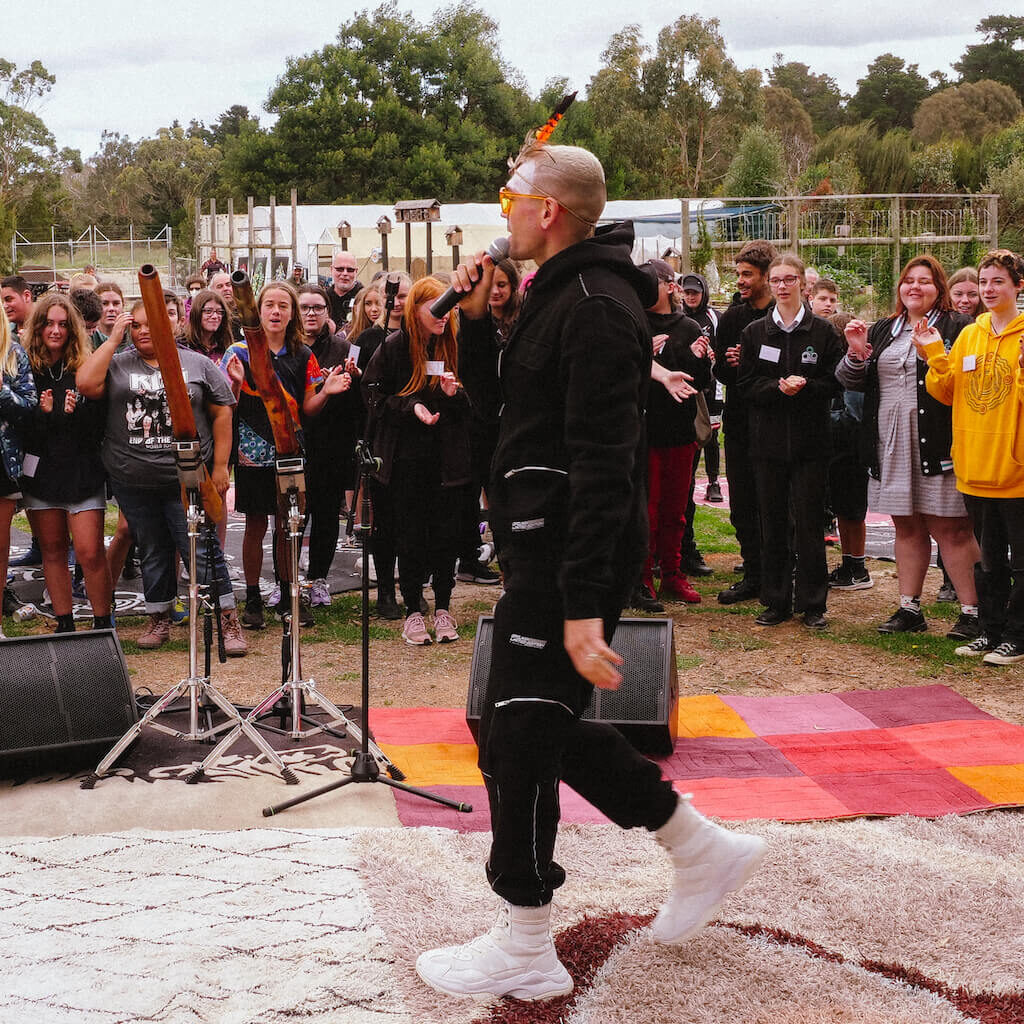Developing our Impact Investing policy and framework has been a focus for this year. We have worked closely with EQT, as they see the William Buckland Foundation could represent a model for other trusts and foundations in their portfolio.
The first meetings of the newly established Audit and Risk Committee were held this year. A risk matrix was agreed and this will be reviewed annually. Succession planning has also been on our agenda this year as we look to future changes in trustees.
On a personal note, we were sad to hear of the death of William Meader Buckland during the year. He was the son of William Buckland and we express our condolences to the remaining members of William Buckland’s family.
Once again, I express my appreciation to my fellow trustees—Ross Barker, Jenny McGregor, David Williamson and the EQT Trustee representative, Jodi Kennedy—for their ongoing contribution and commitment to the work of the Foundation. I take this opportunity to congratulate Jodi Kennedy, whose appointment as a Director of ETWSL was announced in August 2022. Ferdi Hepworth in her role of Foundation Lead has continued to bring to our attention charitable organisations that are doing outstanding and innovative work to address disadvantage in our communities.
She has been ably supported by Granting and Impact Manager, Elyse Cook. National Manager, Charitable Trusts Amanda Sartor has provided critical support. It has been a pleasure and an honour to work as part of this team of talented people.
